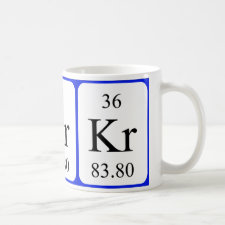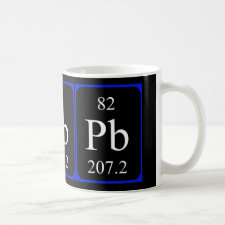
Authors: Zeng XF, Murray GM
Article Title: Synthesis and characterization of site-selective ion-exchange resins templated for lead(II) ion.
Publication date: 1996
Journal: Separation Science and Technology
Volume: 31
Issue: (17)
Page numbers: 2403-2418.
DOI: 10.1080/01496399608001056
Alternative URL: http://www.informaworld.com/10.1080/01496399608001056
Abstract: Ion-exchange resins that exhibit enhanced selectivity for the Pb(II) ion have been synthesized by the copolymerization of styrene with lead(Il) vinylbenzoate. Removal of the Pb(II) ion by acid washing left cavities templated for the Pb(II) ion. Sorption characteristics of the template resins have been studied over a large range of template loadings by varying the degrees of crosslinking, and with or without the use of ultrasonification during copolymerization. The capacity of the lead templated resins increases logarithmically with the increase of template complex content for levels of lead template content below 5 mol%. The complexation equilibrium constants of the resins reach a maximum at 3 mol% template complex content. The resins show marked preference for binding the Pb(II) ion. The selectivity, alpha(Pb,Cd), has been found to be 174 for the 1 mol% templated polymer. In comparison to untemplated resins, the template process enhances the selectivity by roughly a factor of 3 over Cu2+ and 2 over Cd2+. The selectivity enhancement is mainly ascribed to ''coordination-geometry selectivity.''
Template and target information: lead ion, Pb(II)



Join the Society for Molecular Imprinting

New items RSS feed
Sign-up for e-mail updates:
Choose between receiving an occasional newsletter or more frequent e-mail alerts.
Click here to go to the sign-up page.
Is your name elemental or peptidic? Enter your name and find out by clicking either of the buttons below!
Other products you may like:
 MIPdatabase
MIPdatabase









